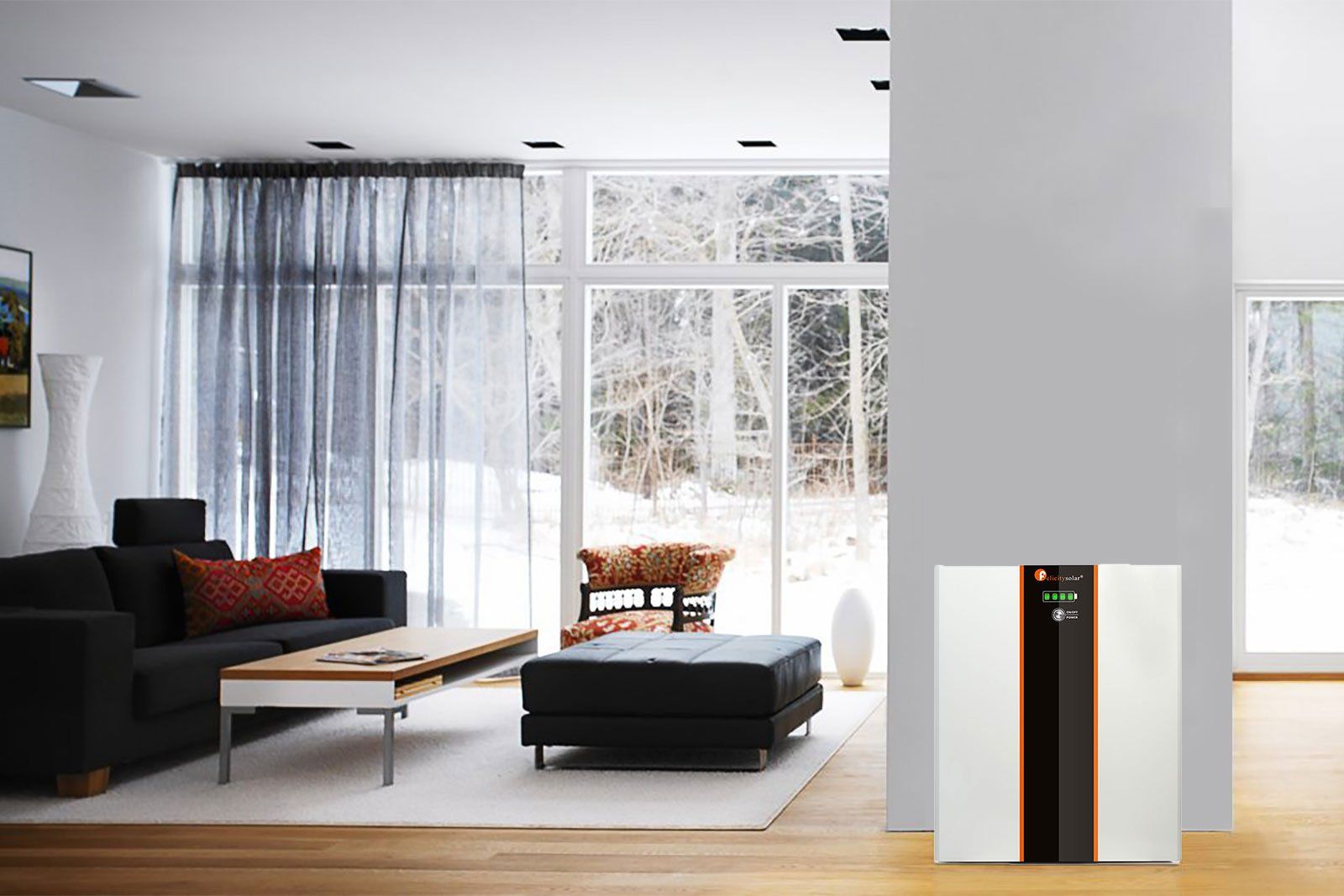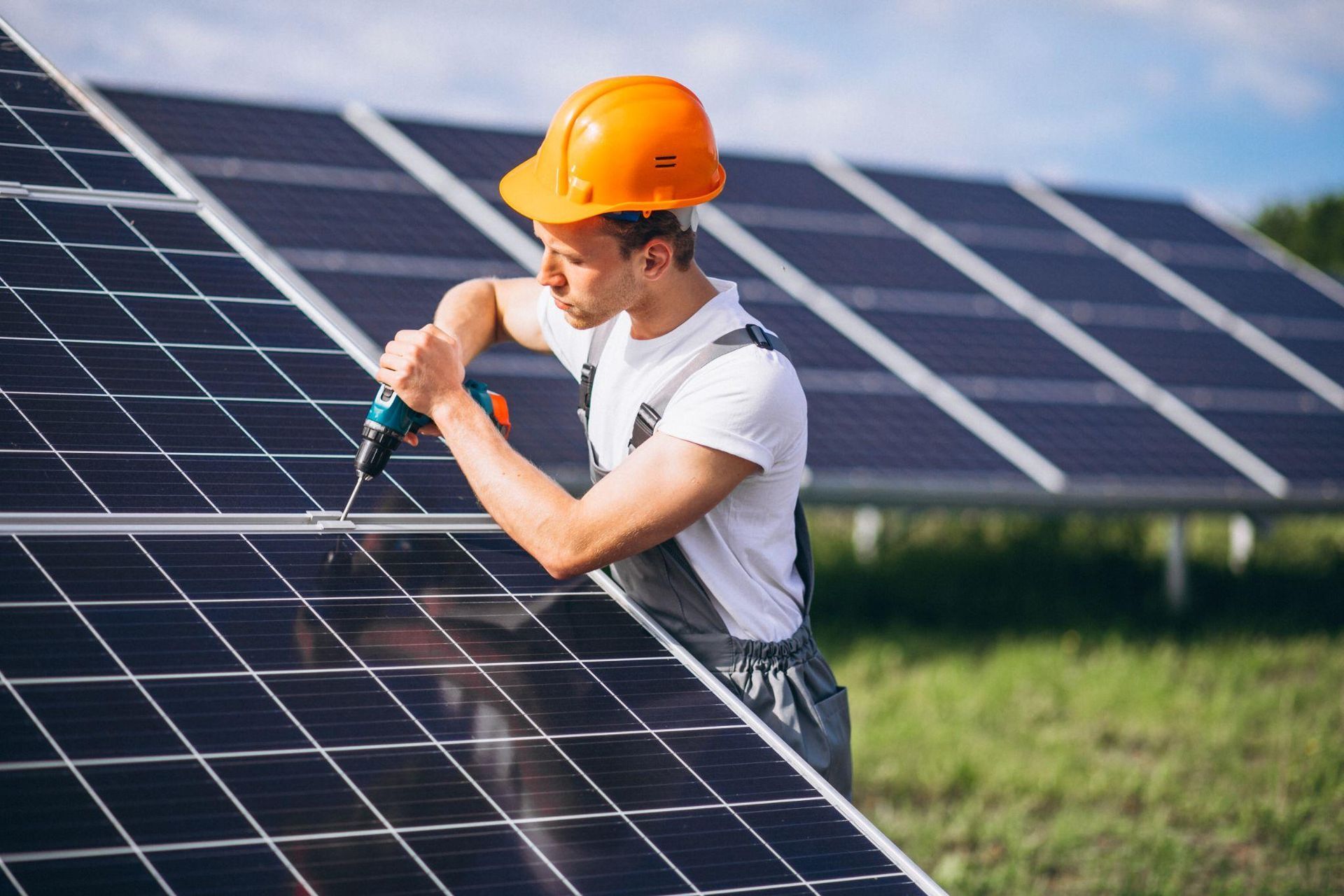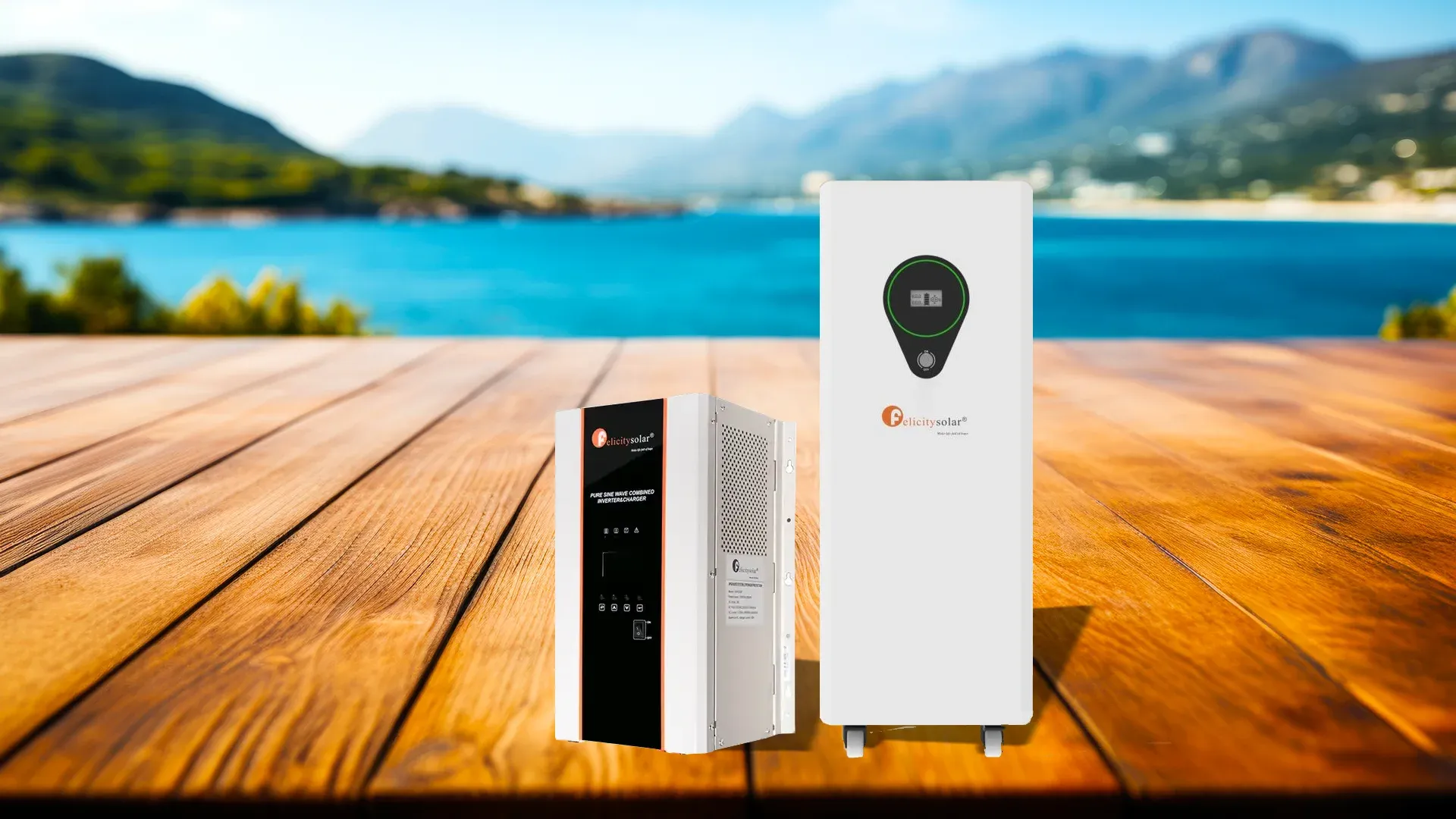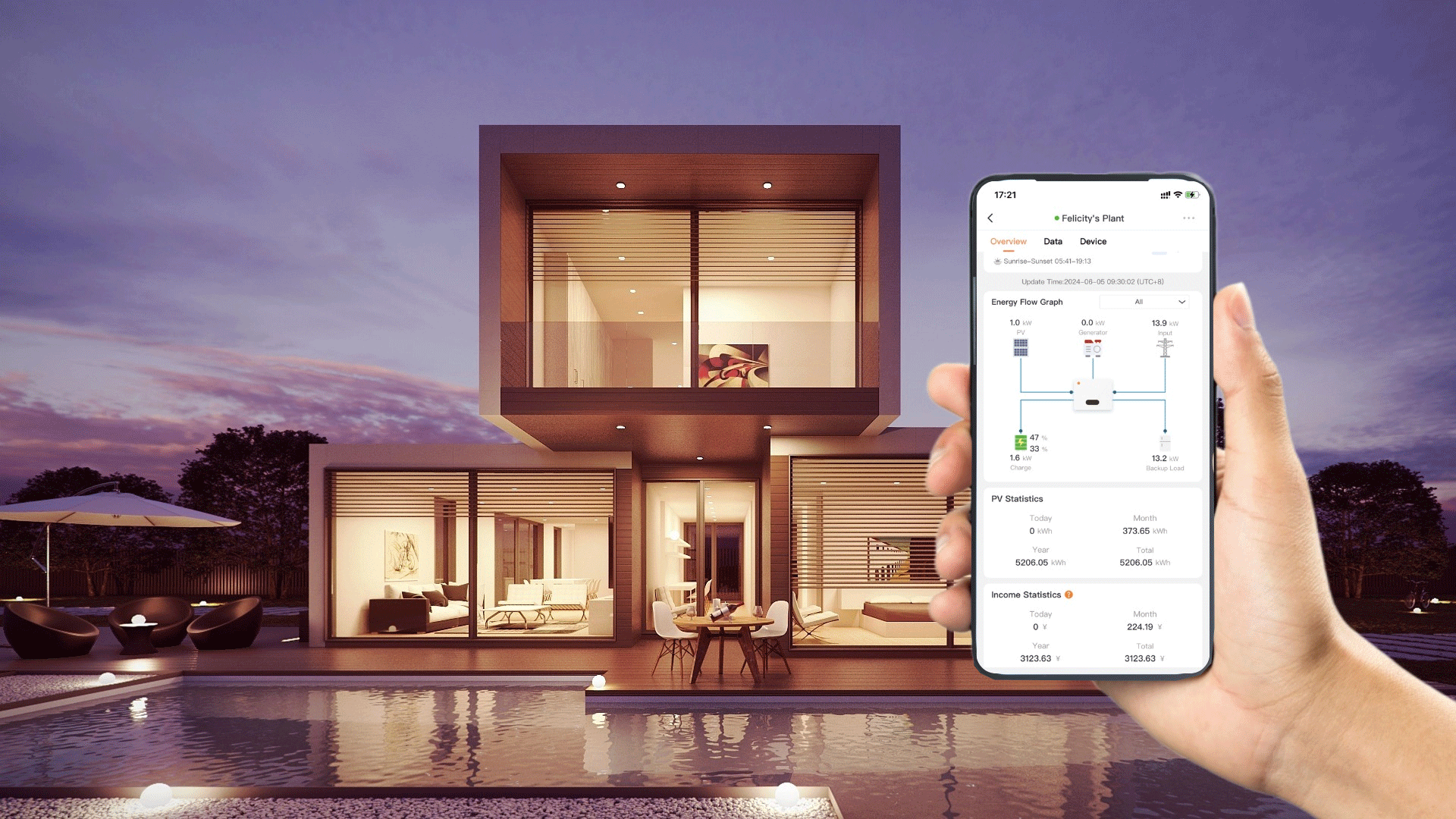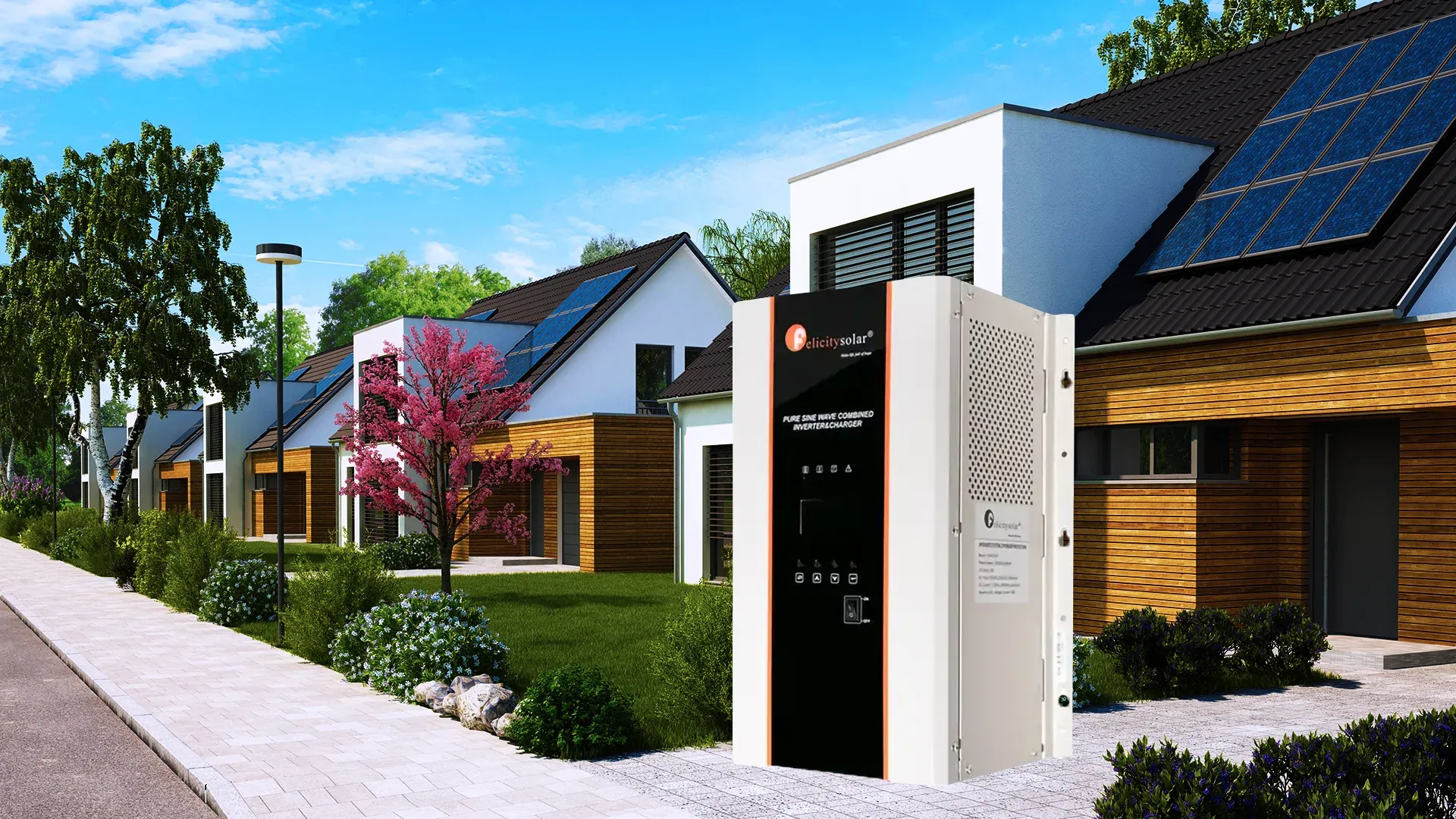Exploring Off-Grid Solar Panels-Components, Benefits and More
Today, we are living in a world where we need sustainability and energy efficiency more than anything else. The role of renewable energy resources is also being valued on a massive scale by the masses. Businesses are exploring options for solar batteries to protect their workspace from power outages and to reduce energy expenses. It also offers cost savings, good Investment returns, and lowers carbon footprints. Off-grid solar panels have become a feasible solution for businesses and organizations that generate electricity. Off-grid panels are the most reliable solutions, especially in remote locations or areas without electricity access. Areas without access to traditional power grid systems opt for clean, renewable energy sources like off-grid solar panels. Off-grid solar panels (standalone systems) empower individuals and communities to be more responsible, take control of their energy needs, and reduce the negative environmental impact. In this detailed web blog with Felicity Solar, let's explore the components, benefits, and more detailed information about off-grid solar panels.
Components Of Off-Grid Solar Panels
1. Solar Panels: Solar panels, also called photovoltaic modules, are made of photovoltaic cells. They convert solar light into electricity.
2. Batteries: Excess energy during the daytime is stored in the batteries in the off-grid solar panel, and this energy is used when the power is low.
3. Charge Controller: A charge controller regulates and flows electricity. It helps extend battery life by preventing overcharging.
4. Inverter: The function of an Inverter is to convert the direct current (DC) into electricity or Alternating current (AC).
Benefits of Off-grid Solar Panels
Energy Protection
- Off-grid solar panels help businesses become energy independent by eliminating their reliance on the traditional power grid and generating their own electricity. This is the best way to offer your empire energy security.
- The on-site electricity production feature of these off-grid solar systems offers convenience to businesses as they become independent of utility companies and reduce the negative impact of power outages and grid failures.
Sustainability
- Solar energy is a clean energy source that does not produce greenhouse gas emissions, unlike fossil fuels, oils, and coal. It also does not affect the environment by producing air pollution, thus making it a great, sustainable alternative to non-renewable energy resources.
- Off-grid solar panels do not harm our ecosystem by exploiting our finite resources. Instead, they harness the power of the Sun's energy and help in reducing climate change
Other Benefits of off-grid Solar Panels:
- Long term cost-effectiveness
- High Return on Investment
- An ideal solution for remote areas
- Difference Between On-grid And Off-Grid Solar Panels
- On-Grid Solar Systems
Difference Between On-Grid & Off-Grid Solar Panels
There are two ways to use the Sun's energy: off-grid and on-grid solar panels. Knowing their differences is important before choosing the best one for you.
A. On-Grid Solar Systems
Grid Connection: On-grid systems are linked to the utility grid. Solar panels create electricity in daylight. This reduces your grid energy use. Any extra solar electricity returns to the grid. This might lower your electricity bill (through net metering).
Grid Backup: When the Sun is low, or energy use is high, your home will use power from the grid. This keeps electricity reliable and steady.
Upfront Costs: On-grid systems usually cost less at the start. That's because they don't need a battery to store extra energy.
B. Off-Grid Solar Systems
Standalone Energy:
Off-grid solar systems help you break free from the traditional grid system. Solar panels create power, which is saved in batteries for future use. This offers independence and surety of power, which is ideal for distant areas without grid connectivity.
Importance of Battery Storage: Batteries are vital in these systems. They store surplus solar energy created during daylight hours for use in darkness or cloudy times. The capacity of batteries strongly affects the system's functionality.
Costs More at the Start: The initial costs of off-grid solar panel systems are generally higher. This is mainly due to the added costs of batteries and the potential need for a larger array of solar panels to cater to storage demands.
Picking the Best Setup
Your choice for an on-grid or off-grid system rests on your unique requirements and focal points. Reflect on these details:
- Power Grid Access: Living in a place without a power grid? Your only choice would be an off-grid system.
- Energy Self-Reliance: Keen for maximum self-reliance and less grid usage? An off-grid system is best suited. Budget: Usually, on-grid systems have a smaller starting cost. However, off-grid systems ask for a bigger investment upfront.
Solar Maintenance
Looking After Your Solar Equipment for a Dependable Off-Grid System Like all systems, off-grid solar setups need good care for top performance and long life. Here are some easy pointers to keep your off-grid solar system working well.
- Consistent Cleaning: Clean the Panels: Dust, grime, and debris on solar panels can greatly reduce their efficiency. Try to clean your off-grid solar panels twice yearly or more if you live in a dusty or polluted area.
- Checks and Tracking: Visual Checks: Look at your solar panels, batteries, cables, and other system parts often for any signs of wear, rust, loose wiring, or creatures making homes.
The Future of Off-grid Solar Tech
- Looking Ahead: Off-Grid Solar Tech's Advances Gear up for cool updates in the world of off-grid solar tech! This technology is set to see massive changes that could reshape how we use it and how much it costs. Exciting, right? Let's get into it:
- Power-packed Batteries: We're talking about new technologies that will give batteries more storage, faster charging, and lower prices. This means more appeal for off-grid systems.
- Super Effective Solar Panels: Constant work on improving solar panels should make them even more efficient. Smaller panels will produce more power!
- Grid Tech Smarts: Fancy new grid tech will allow off-grid systems to work smoothly with the grid. This could offer backup energy or even let you sell extra power back to the grid.
- Cheaper Setup Costs: As more people jump onto the off-grid solar train, standard parts and installation methods could reduce costs. All of these cool developments have the potential to make off-grid solar appealing to more folks. This brings us a step closer to a greener, more self-sufficient future! Woohoo!
Off-grid Solar Panels for Sale at Felicity Solar
Felicity Solar shines in the solar energy world. They're all about smart, green products at good prices. Their goal? To help everyone fight against climate change. They put their heart and soul into making their products. This approach has made them a top-notch solar solutions company. They have over 15 years of experience and are burnt into creating trusty solutions that meet top-quality standards. But they don't just sell stuff. They back up their products with quality customer care and technical help. They're thinkers, always dreaming up new and better ways to harness solar power. They make it easy for everyone in homes, buildings, you name it, to enjoy low-cost solar power. They offer robust products, rosy warranties, and easy-peasy installation. Plus, they deliver right to your doorstep! That's right; there is no red tape or permit hassles to worry about. Felicity Solar Panels are paving the way to a future where clean, green energy is just a stone's throw away. Check out our website for purchasing off-grid solar panels for sale.
Wrapping Up!
To sum up, solar panels off the grid are a green, trusty electricity source for remote places or spots with no regular power access. They use sun power, helping people and groups be self-reliant in energy. It also shrinks their ecofootprint and assures steady power for the future. You can use them anywhere: a remote cabin, an off-grid house, or a movable RV. With these solar panels, you can customize your energy plan. Go with off-grid solar panels; it's your energy future, so grab it!
People Also Asked for:
Q.1- Can you legally live off-grid?
Ans: It is usually legal to live off-grid, but always check your local rules and laws first. Depending on the area, there might be unique regulations or standards about living off-grid that you have to follow.
Q.2- Do I need permits for solar power when living off-grid?
Ans: This depends. The scale of your solar setup and where you live could change things. Smaller solar systems may not need permits in some areas. But, sometimes, larger setups need local authorities to give the okay. Talking with your local building or planning office about your solar plans is wise.
Q.3- Are there downsides to living off-grid?
Yes, there can be. While living off-grid has many positive aspects, there are also possible downsides. Your first-time setup for solar can be pricey, depending on your situation. You might need to make lifestyle changes to live more efficiently. Things like using energy and water or handling waste need careful thought. Depending on where you are, access to water, food, and emergency help might be harder when living off-grid.
Q.4- How can I make my off-grid solar system dependable?
Ans: Making your off-grid solar system dependable requires purchasing top-notch items like solar panels, batteries, charge controllers, and inverters. Also, stay on top of maintenance and monitor your system to catch and fix problems quickly. Plus, think about owning backups like generators or wind turbines. They're useful when sunshine is scarce or when the weather is rough.
Q.5- Can I link my off-grid solar system to the grid?
Ans: Off-grid solar systems are usually independent of the main power. But some folks might decide on grid-tied systems with battery reserve for more freedom and dependability. These enable people to send surplus energy back to the grid and draw from the grid during high usage times or when solar yields are low. But remember, merging an off-grid with the power of the gain may need special gear and the official go-ahead.
